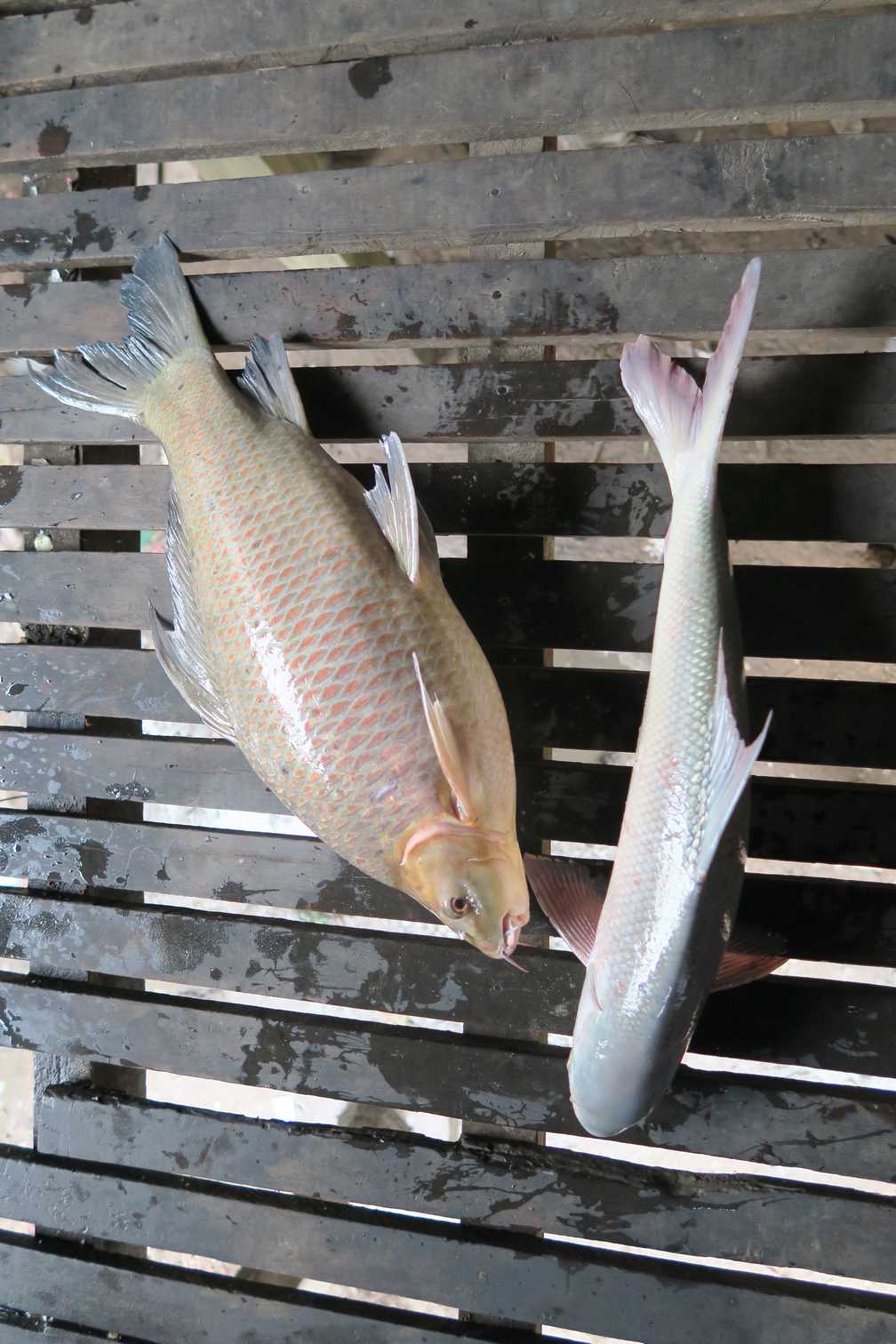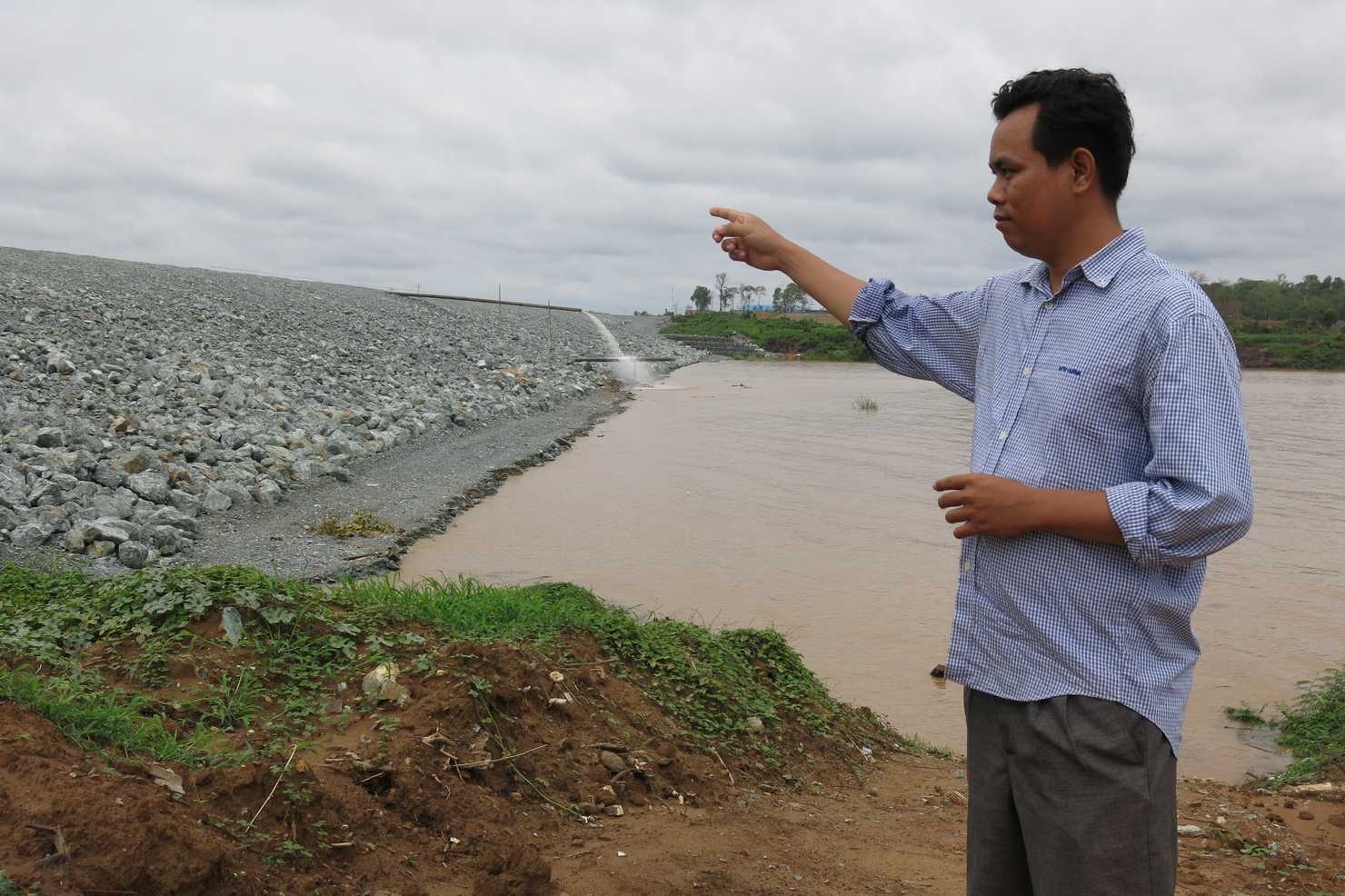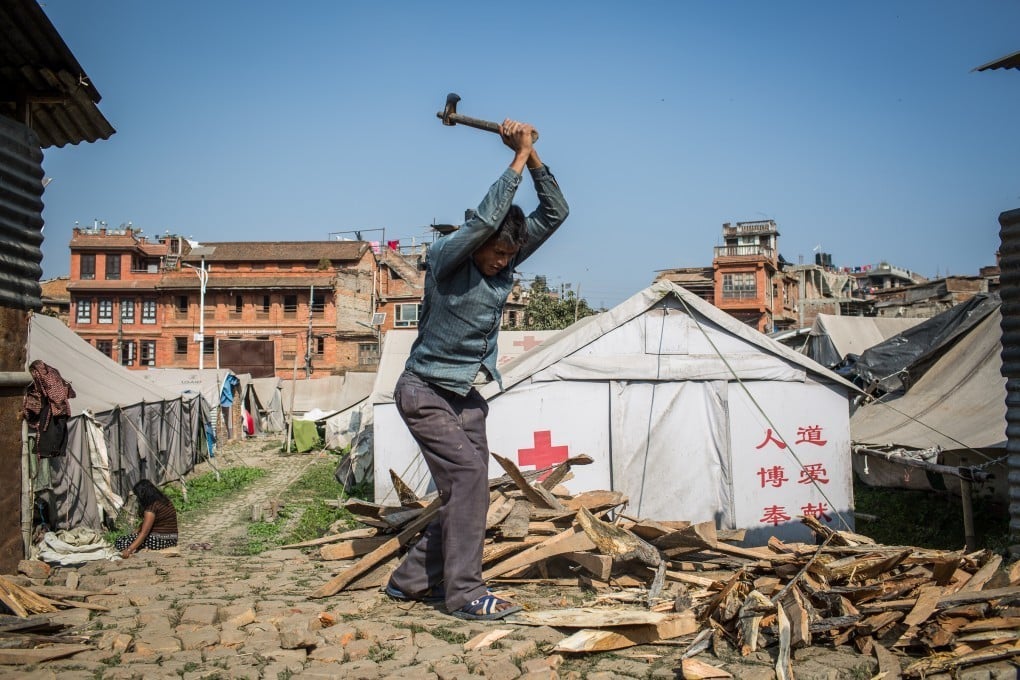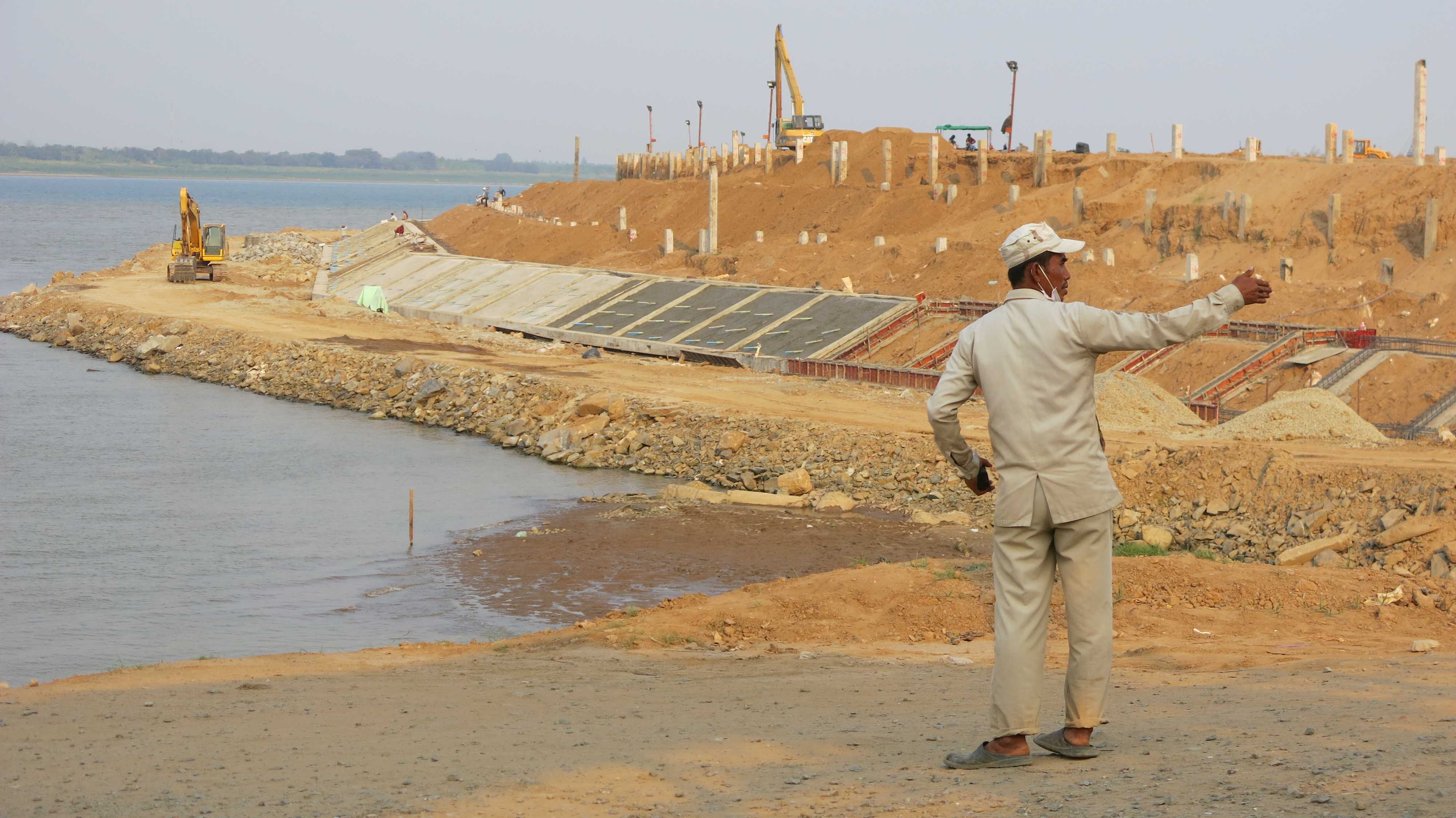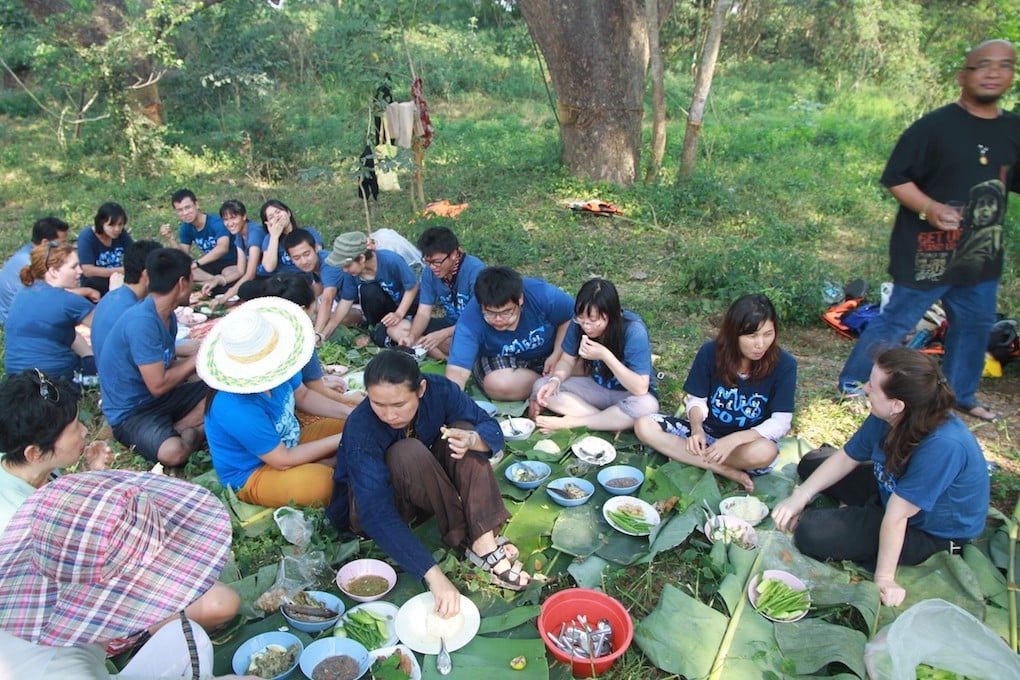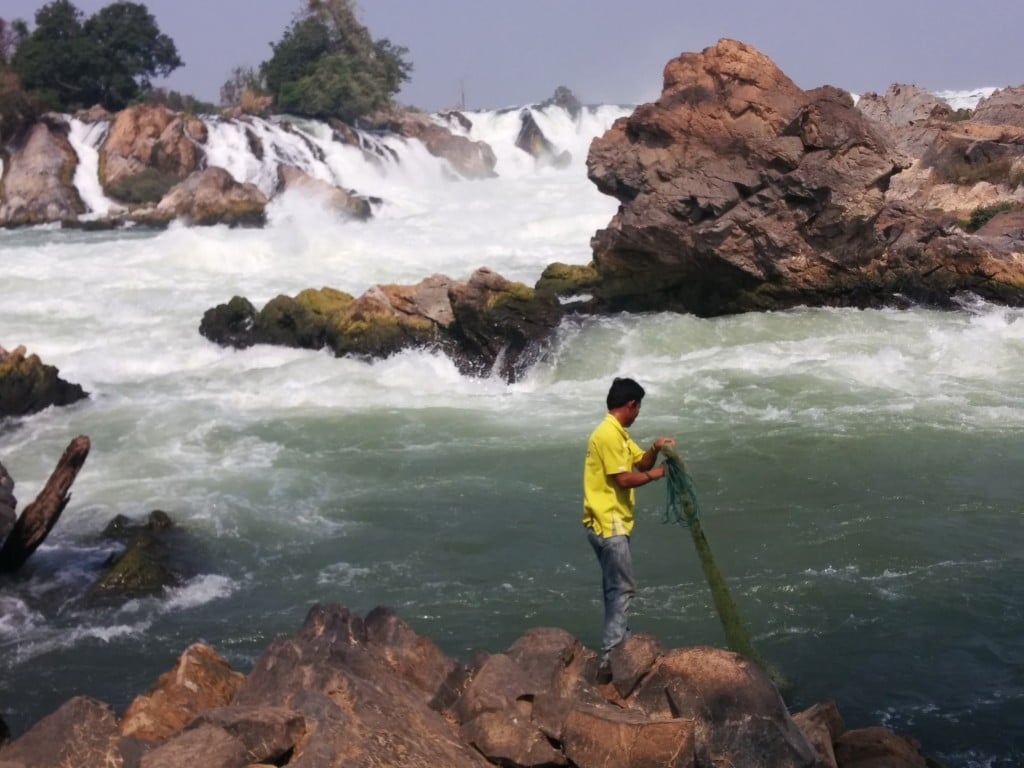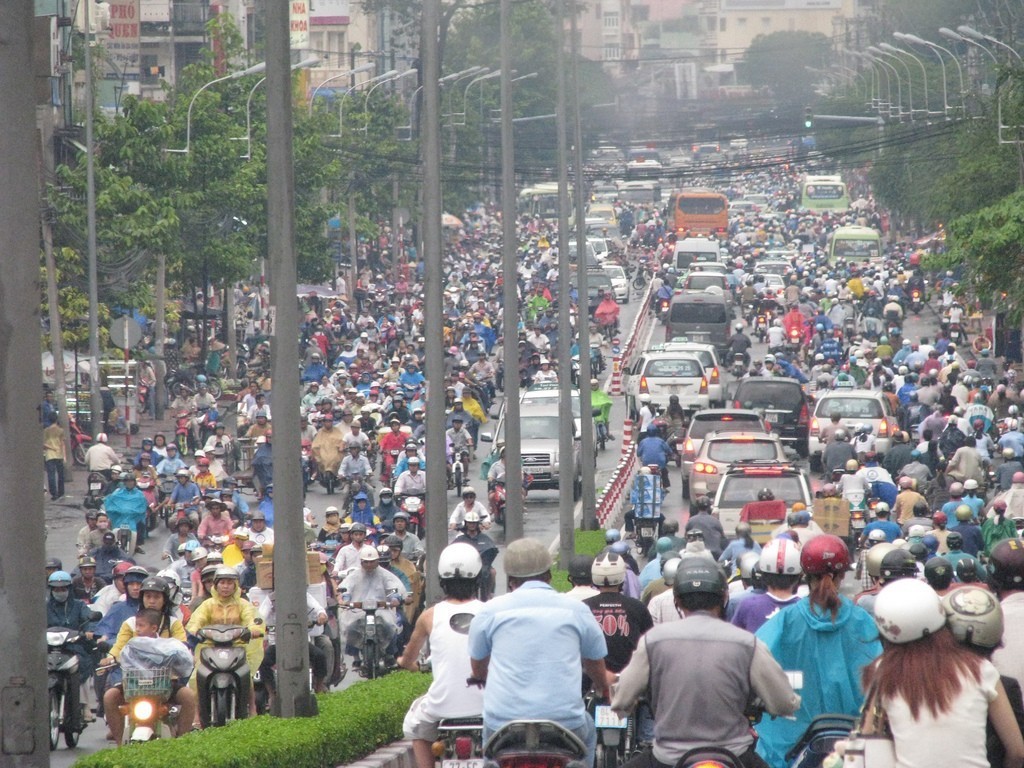In this issue, we examine the economic value of Lower Mekong fisheries, the growing importance of aquaculture in world fisheries production and Southeast Asia’s largest ornamental fish market. We also look at a recent catfish deal between Viet Nam and the US, a slowdown in the decline of the Mekong’s dolphin population and genetic considerations in culture-based fisheries.
Category: Article
Reporting on Mekong Dams – Science, Policies and Voices from the Ground
On November 10, BRIDGE financed a training workshop entitled Reporting on Mekong Dams – Science, Policies and Voices from the Ground in An Giang Province in the Mekong Delta. It was organized by Pan Nature, a Vietnamese NGO, to brief journalists on the concerns and perspectives of local stakeholders on planned dams on the Mekong River.
Locals from Kyauk Phyu SEZ criticize the Chinese Investors
On 30th December, the government of Myanmar announced that the CITIC Consortium, which comprises of 6 Chinese companies, wins the bid to develop Kyauk Phyu SEZ. Mr. Win Shein, the MP from Kyauk Phyu said, the last minute agreement before the current government hand over the power to the new NLD-led government, could involve fraud and corruption between the government and Chinese investors. The bid for the SEZ takes 24 months, 16 companies have compete for the bid, but the government approve CITIC in rush. CITIC Consortium states it will invest about 9 bn US$ for the Kyauk Phyu SEZ project, which covers 4200 acre of lands.
Ten stories you should have read in 2015
We pick out the most popular and important stories published on The Third Pole in 2015.
PARTNERSHIP IN ACTION Regional governments and civil society journey toward improving public participation
The 25 members represent governments and Civil Society Organisations (CSOs) from across the region. They have tasked themselves with drafting public participation guidelines to ensure communities and citizens have input into development projects such as dams, mines, transportation links or economic zones. Through drafting a regional standard on participation in EIA, the group hopes countries across the region will improve public involvement in the decision-making process.
Getting 10 civil society organisations, five governments and an array of ministries to agree on one set of guidelines will be hard. But the members are up for the challenge. They have a lot to teach each other. And are eager to learn from experiences in other countries and sectors.
We talked to a few members of the RTWG during their first official meeting in Bangkok in September to see how they felt about this challenging but exciting opportunity. Their video interviews are below.
My country, Thailand, hosted this kick-off meeting, and two of Thailand’s five members are Mr. Suphakij Nuntavorakarn, Healthy Public Policy Foundation and Ms. Chanakod Chasidpon, Office of the National Economic and Social Development Board (NESDB) of the Thai government.
Villagers from Bamnetnarong district visited 5 ASEAN Embassies , protesting coal-fired power plant
More than 30 representatives from Bamnetnarong District in Chaiyapoom province submitted a letter to ASEAN diplomatic representative, protesting the coal-fired power plant for Potash mining project. The content of the letter stated that ASEAN Potash Mining Company Limited (Public) is pushing the construction plan of coal power plants for use in the mining operation, informing the villagers that Thailand shortage of energy. And the villagers against the use of coal for electricity generation.
Ecological trade-offs
Hydroelectric dams grace bank notes in developing countries, from Mozambique to Laos, Kyrgyzstan to Sri Lanka, a place of honor reflecting their reputation as harbingers of prosperity. That esteem, now enhanced by hydropower’s presumed low-carbon profile, continues to overrule concerns about environmental consequences and displaced people, as evidenced by a surge in dam-building in the developing world.
A recent paper in the journal Nature Climate Change suggests a seemingly obvious, yet novel approach: Bring in aquatic scientists at the beginning so that engineers can consider ecological principles first, not last. The paper came out of meetings organised by the National Socio-Environmental Synthesis Center in Annapolis, Maryland, in 2013. Engineers and aquatic scientists discussed their core requirements for a hypothetical case study of the Iowa River in the United States.
Kaeng Sua Ten dam project: three decades of heroic community struggle
After 30 years, community-led anti-Kaeng Sua Ten dam movement is still hailed as a watershed of Thailand’s environmental conservation. Villagers have not only argued for their rights to protect livelihood and natural resources, but also articulate socio-economic losses if the project is to be built. The dam, proposed by the Royal Irrigation Department, would inundate many villages and Thailand’s last teak forest ecosystem in the Mae Yom National Park in northern Thailand. Environmental economic studies find that environmental opportunity losses will be greater than gains from flood control and irrigation as promised by the project.
Report: Economic, Environmental and Social Impacts of Hydropower Development in the Lower Mekong Basin
The Mekong River is the largest freshwater fishery in the world (estimated fish catch 2.1 to 2.5 million tons/year) and the third most bio-diverse river system (with approximately 800 fish species) after the Amazon and the Congo. However, this would change drastically if all proposed hydropower projects are constructed as fish migration routes would be blocked.
This paper focuses on potential economic consequences and is based on the Costanza report which in turn used much of the data, assumptions and projections reported in BDP2 and SEA. The main differences between the Costanza report and BDP2 were the estimated fish value, valuation of ecosystem services and discount rates for natural capital such as capture fisheries and wetlands.
Mekong Region: Asia’s New Growth Center and Strategic Frontier
The Mekong countries of Cambodia, Laos, Myanmar, Thailand, and Vietnam are emerging to be not only the new growth center but also a new strategic frontier in Asia.
With a population of around 240 million and a combined GDP of $664 billion, the Mekong region has geopolitical significance and economic weight. It is located at the junction of the enormous emerging markets of Asia and their combined population of about 3.3 billion.
Myanmar’s landmark election and the likelihood of a peaceful and smooth power transition have drawn more international attention and interest to the Mekong region as a whole. Myanmar is expected to be a key regional actor and now possibly a catalyst of regional peace, democracy, and development.


